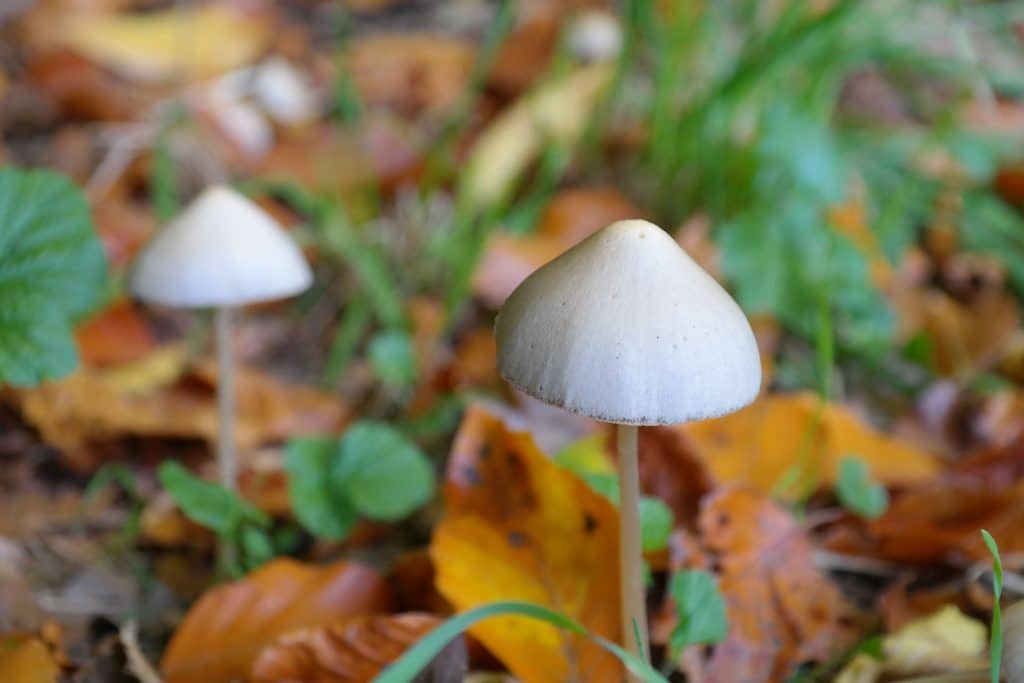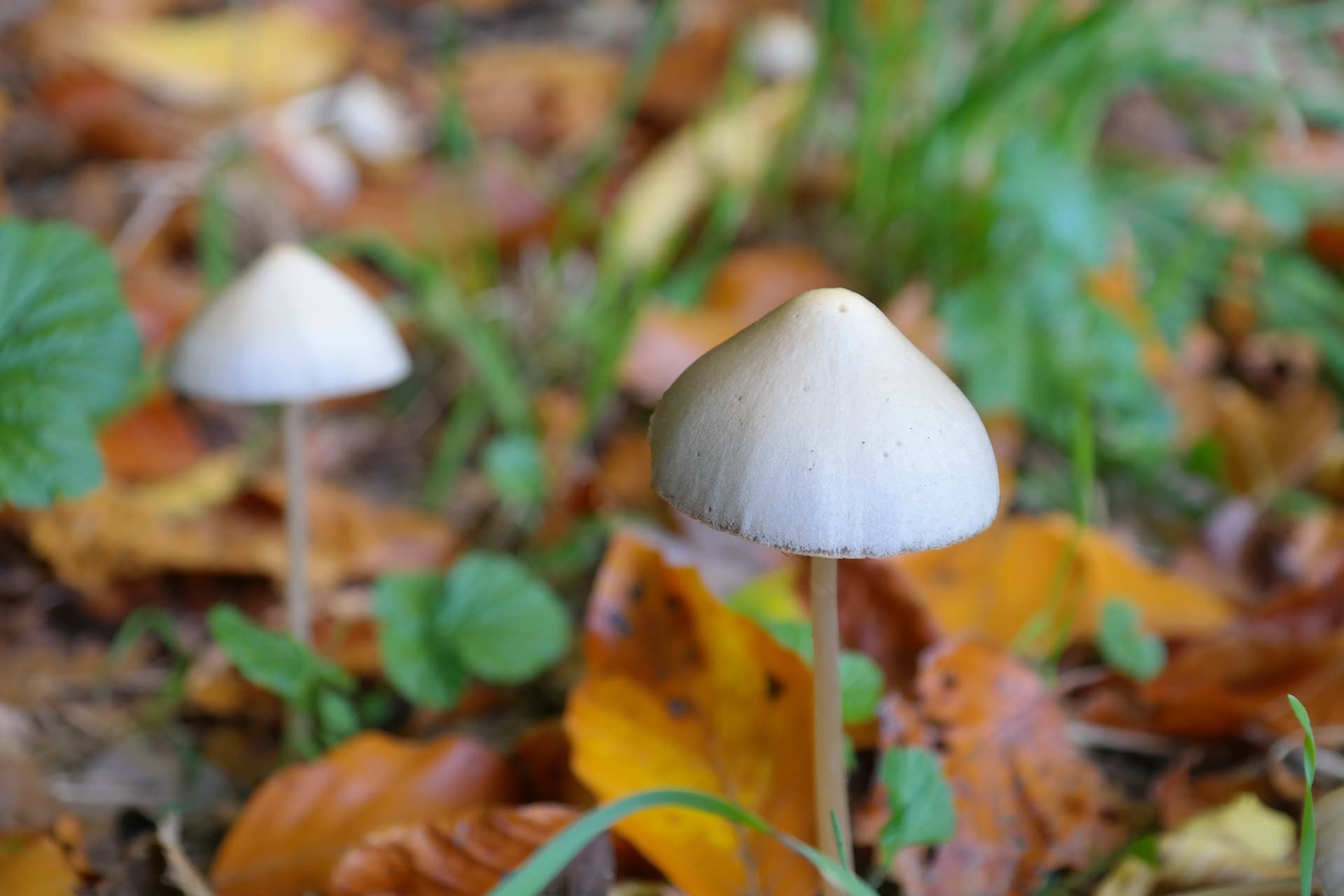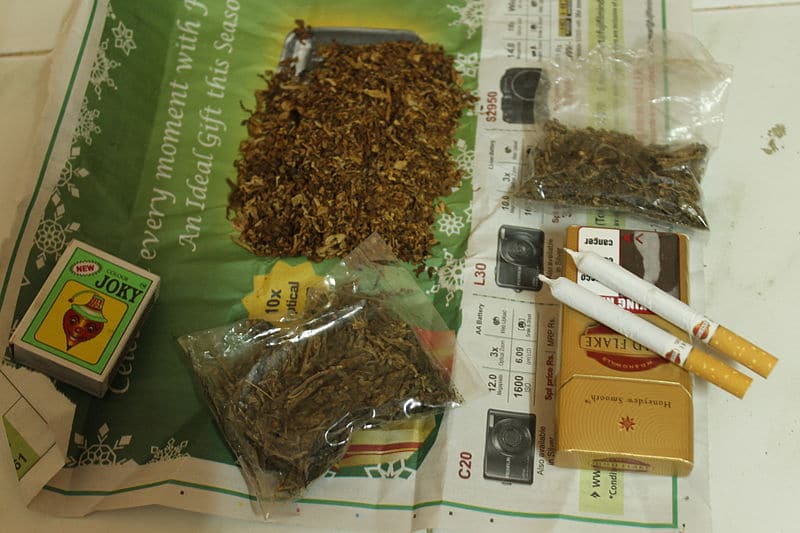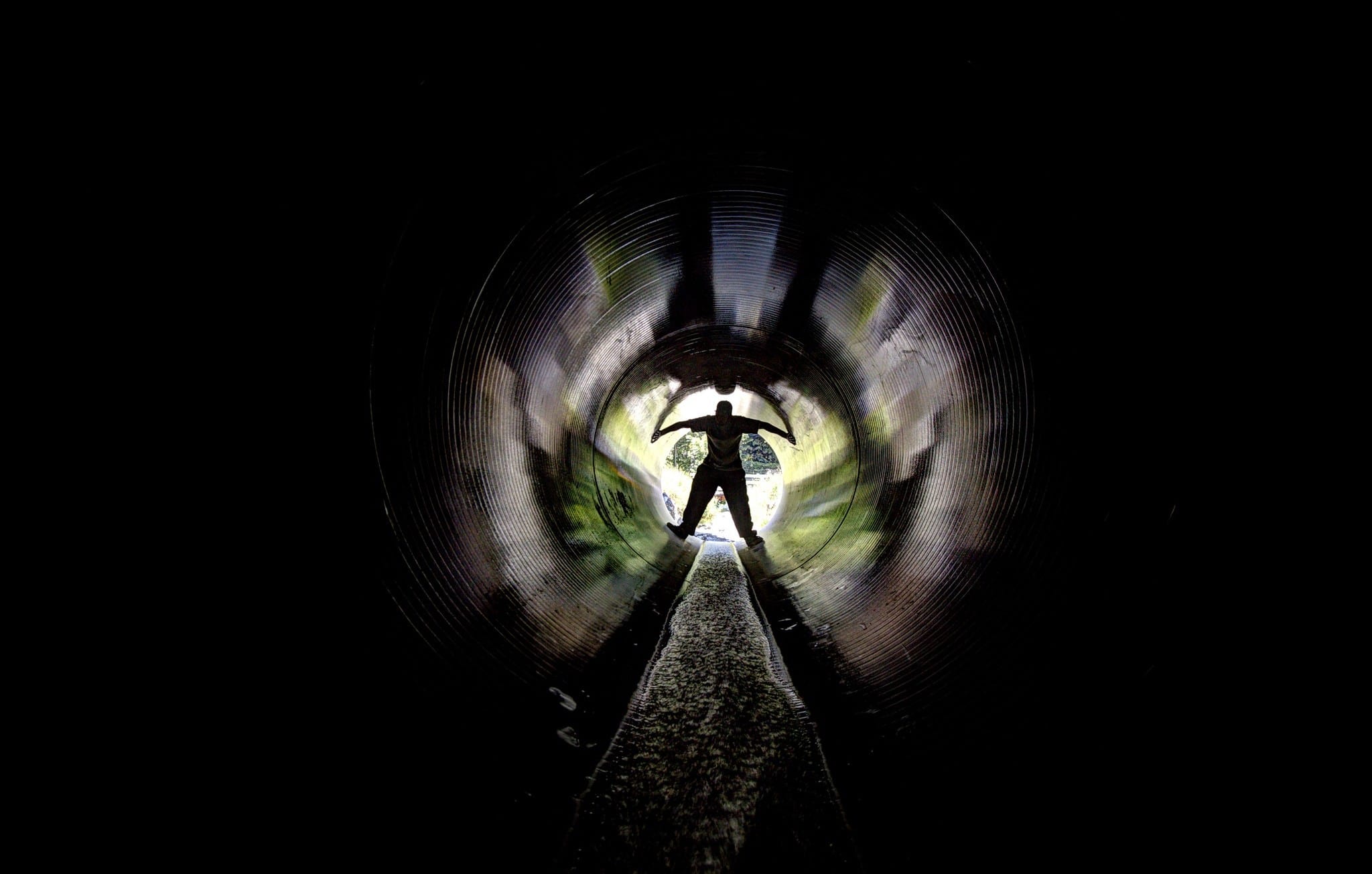
A recent clinical review of psilocybin, the active compound in “magic mushrooms”, shows that it holds great promise in treating psychiatric conditions such as anxiety, depression, and substance abuse. This review of seven independent studies, authored by Kelan Thomas of Toura University California and published in the peer-reviewed Journal of Psychoactive Drugs, highlights both psilocybin’s safety and its profound efficacy. Not only has psilocybin been proven to be safe to use in a clinical setting, it’s beneficial effects are far more significant and longer lasting than conventional treatments, leading many to believe it will revolutionize the field of psychiatric medicine.
How it Works
The genus of fungi Psilocybe has many species of mushrooms which naturally contain the alkaloid psilocybin. In studies like those reviewed in this paper, psilocybin is given to subjects in an isolated form so that the potency and dosing can be exact. When taken orally, psilocybin is quickly metabolized by the body into psilocin which activates serotonin receptors and disrupts the brain’s default mode network (DMN), a network of closely correlated brain regions related to inner monologue, daydreaming, and thinking about the past and the future. The visionary and therapeutic effects of psilocybin seem to be related to this disruption of the DMN, which has been found to be hyper-connected in people experiencing severe depression. As Dr. Thomas points out in the abstract of this paper, “Hyperconnectivity in the default mode network has been associated with psychopathology, but psychedelic serotonin agonists like psilocybin may profoundly disrupt these dysfunctional neural network circuits and provide a novel treatment for psychiatric disorders.“
Big Effects
Another significant finding in this review of psilocybin research was how it showed “large effect sizes” compared to existing treatments. What this means is that psilocybin therapy has a larger and more beneficial effect on patients with anxiety, depression, and addiction than conventional treatments like prescription medication or psychotherapy. The scores used to quantify people’s progress through treatment such as symptom reduction, abstinence, and psychological well-being show incremental gains with conventional treatments, but substantial gains with psilocybin therapy. Considering the fact that psilocybin has been shown to be safe across all of these studies, it’s no wonder researchers are getting excited that psilocybin can have such a profound impact on patients. The data is showing that psilocybin is poised to be a game-changer in the arena of psychological treatment.
Looking Forward
To make psilocybin an FDA approved medication, there are still many hurdles to jump through. Phase 3 clinical trials need to be done to continue to show it’s safety and efficacy, and these studies are long and expensive to perform. If you would like to support psilocybin research and help it to become an FDA-approved medicine, please consider making a donation to the Multidisciplinary Association for Psychedelic Studies (MAPS) or the Heffter Research Institute, both of which are on the forefront of supporting this groundbreaking research.










